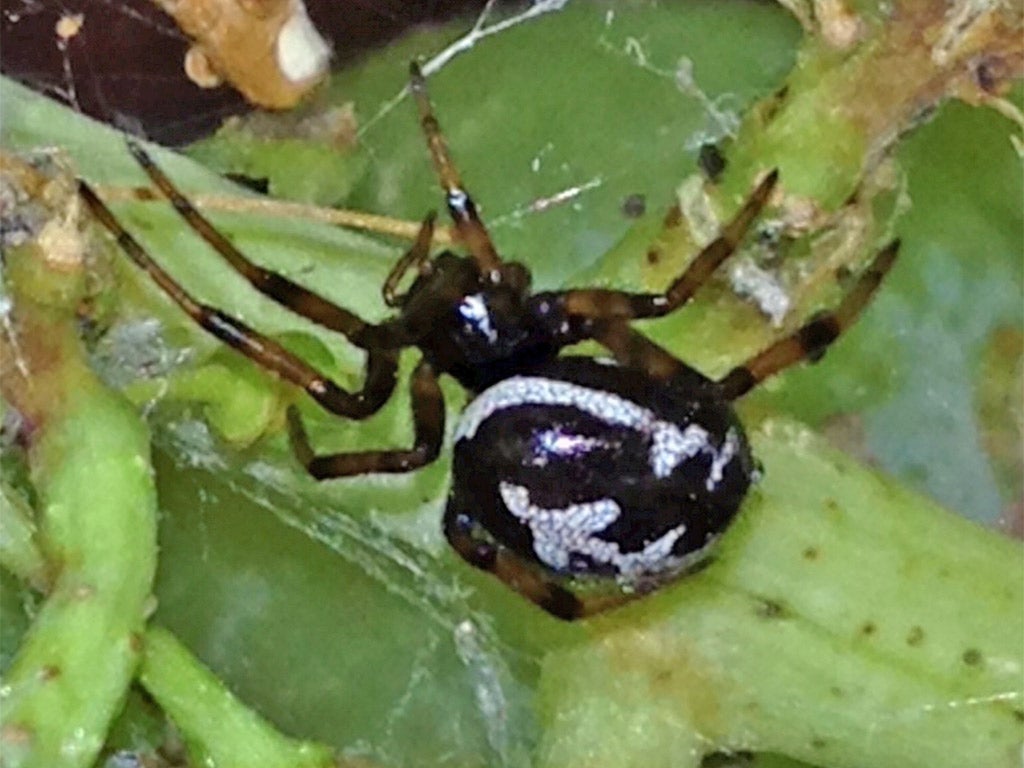False Widow spiders: Pupils get unexpected day off after venomous spider infests school
Britain's most venomous spider sighted at a secondary school in the Forest of Dean

Pupils at a secondary school in Gloucestershire will be enjoying an unexpected day off thanks to an infestation of Britain’s most venomous spider.
The Dean Academy in the Forest of Dean will be closed for fumigation tomorrow after the school “identified an issue with false widow spiders” in several areas.
Bites from the adult female spider can lead to severe swelling and tingling in the fingers. There have been a spate of bite reports in recent weeks and experts say the spiders are becoming more common and more widespread across the country.
The school closure follows advice from pest control experts. In a letter to parents the vice-principal, Craig Burns, said school would be closed “to enable pest control to fumigate every area of the academy and ensure everyone’s health and safety”.
There are six sub-species of false widow spiders – named for their similarity in appearance to the deadly black widow – in the UK. The culprit at the Gloucestershire school is thought to be Steatoda nobilis, which is about the size of a 50p coin. It is not normally aggressive but it is still considered the most dangerous of Britain’s 12 species of biting spider.
The false widows are not native to the UK. They are thought to have been introduced in the late 1800s by ships travelling from the Canary Islands to Torquay in Devon.
A spokesman for the Natural History Museum said: “Reports from people thought to have been bitten by Steatoda nobilis describe varying levels of burning, discomfort or numbness and associated swelling in the area surrounding the bite.” The symptoms usually disappeared within one to three days and were not fatal, the spokesman added.
The species has spread across the south of England over the past 20 years and conservationist believe the changing climate could be playing a role.
Subscribe to Independent Premium to bookmark this article
Want to bookmark your favourite articles and stories to read or reference later? Start your Independent Premium subscription today.

Join our commenting forum
Join thought-provoking conversations, follow other Independent readers and see their replies